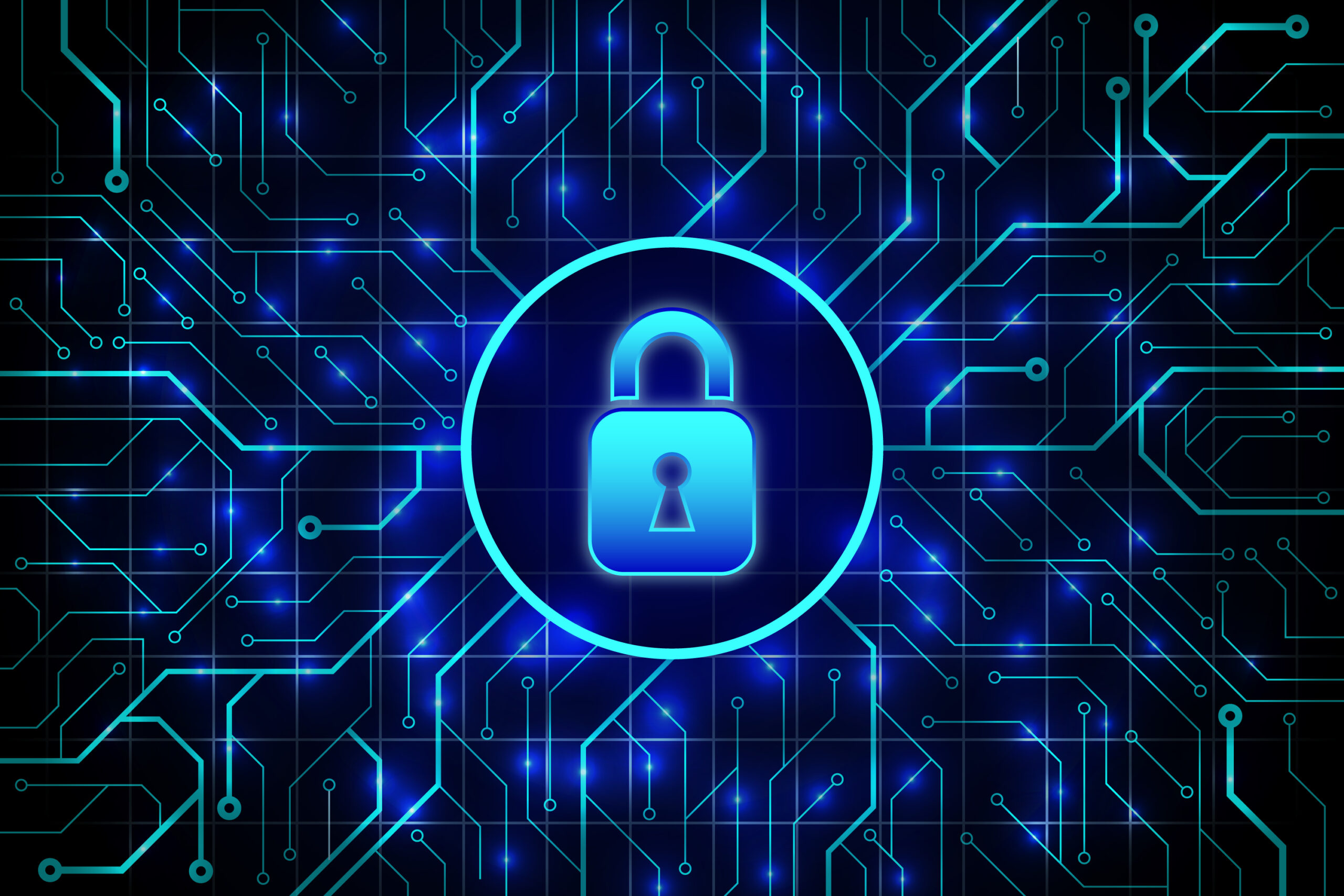Choosing the best universities for Masters in Cyber Security in the world is a crucial decision. With the ever-growing importance of cybersecurity, universities worldwide offer programs that can equip you with the skills and knowledge you need to succeed in this in-demand field. The digital world is booming, and with it comes a growing concern: cyber security. From data breaches to malware attacks, the need for skilled professionals to protect our online infrastructure has never been greater. Check out the best universities for masters in Cyber Security.
Best Universities for Masters in Cyber Security in the World
1. Carnegie Mellon University
Carnegie Mellon University (CMU) is a top-ranked institution for cybersecurity colleges ( #1 in the U.S. by U.S. News & World Report). Their Master of Science in Information Technology – Cybersecurity (MSIT-Cybersecurity) provides a broad foundation, specialising in Information Security Management or Software Engineering.
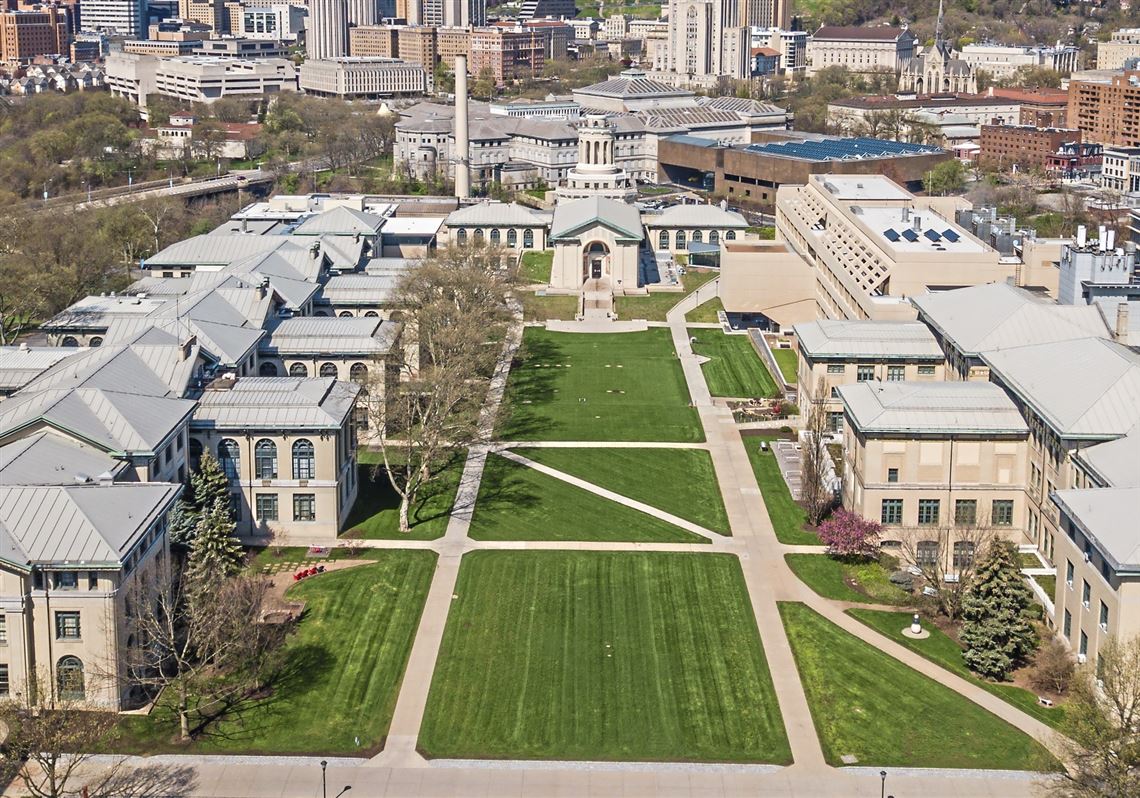
| Category | Description |
|---|---|
| Ranking (QS World 2022) | 25th |
| Ranking (U.S. News 2023) | 26th |
| Acceptance Rate | 15.4% |
| Tuition Fees (per year) | $51,510 |
| Living Expenses (per year) | $15,000 |
| Other Expenses (per year) | $3,000 |
| Post-Grad Median Salary | $120,000 |
| Notable Alumni | Raj Reddy (Computer Scientist), Gary Taubes (Science Writer), Steven Levitt (Economist) |
2. Georgia Institute of Technology
The Georgia Institute of Technology (Georgia Tech) is another leading cybersecurity education institution, consistently ranking among the nation’s best with a rigorous curriculum. Their Master of Science in Cybersecurity offers a strong foundation in core principles, with electives for specialization in digital forensics or network security.
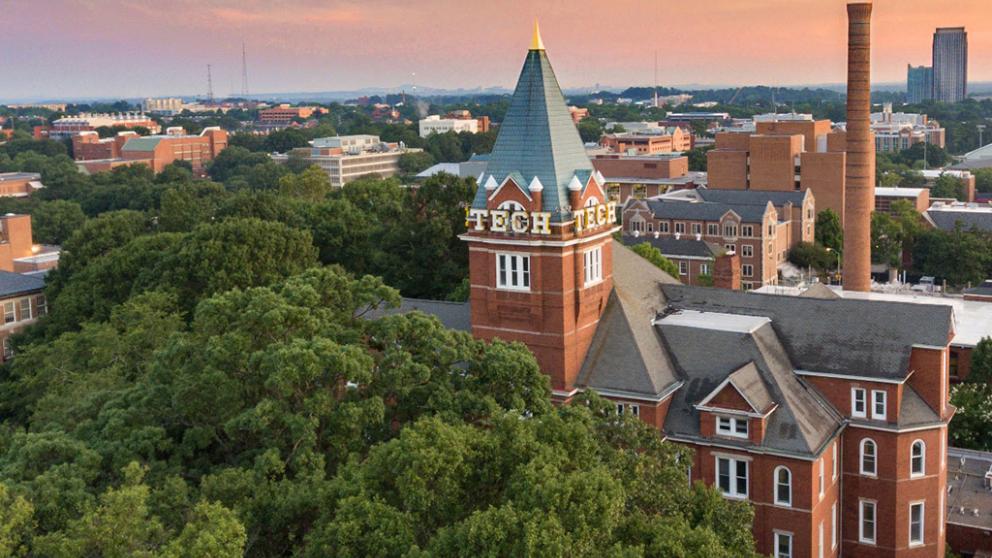
| Category | Description |
|---|---|
| Ranking (QS World 2022) | 70th |
| Ranking (U.S. News 2023) | 35th |
| Acceptance Rate | 21.5% |
| Tuition Fees (per year) | $33,964 (in-state) <br> $51,334 (out-of-state) |
| Living Expenses (per year) | $16,000 |
| Other Expenses (per year) | $4,000 |
| Post-Grad Median Salary | $100,000 |
| Notable Alumni | John Madormo (Nuclear Physicist), Chris Carney (CEO of Visa), Mike Duke (Former CEO of Walmart) |
3. Johns Hopkins University
Johns Hopkins University (JHU) is the best colleges for Cyber Security. Their consistently recognized programs (ranked among the nation’s best by U.S. News & World Report) offer a strong technical foundation through their Master of Science in Engineering (MSE) in Cybersecurity.

| Category | Description |
|---|---|
| Ranking (QS World 2022) | 25th |
| Ranking (U.S. News 2023) | 11th |
| Acceptance Rate | 11.4% |
| Tuition Fees (per year) | $58,720 |
| Living Expenses (per year) | $18,000 |
| Other Expenses (per year) | $5,000 |
| Post-Grad Median Salary | $110,000 |
| Notable Alumni | Michael Bloomberg (Former Mayor of New York City), Woodrow Wilson (Former U.S. President), Rachel Carson (Environmentalist) |
Top Universities in Europe for Masters in Cyber Security
1. University of Oxford (UK)
The University of Oxford, a world-renowned academic leader (ranked #1 in CS by QS World Rankings 2023), offers a prestigious Master of Science in Computer Science specialising in Cyber Security. This program leverages Oxford’s computer science expertise for a strong foundation in cyber security principles.
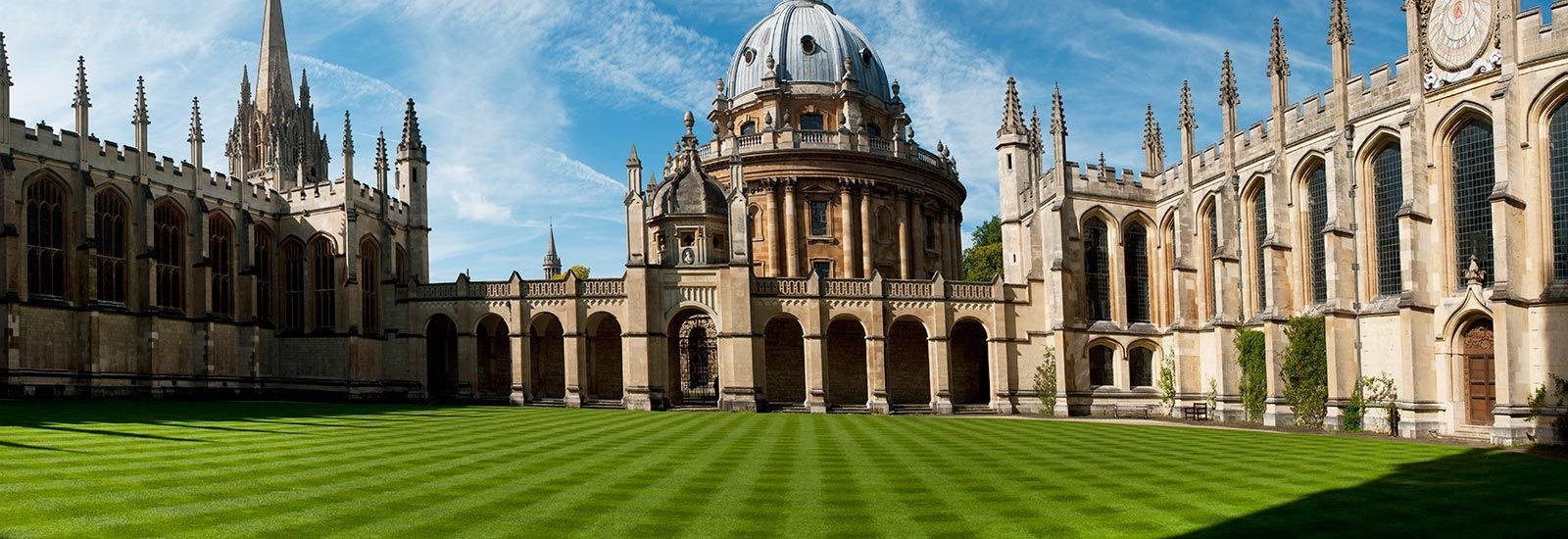
| Category | Description |
|---|---|
| Ranking (QS World 2022) | 2nd |
| Ranking (U.S. News 2023) | 5th |
| Acceptance Rate | 17.5% |
| Tuition Fees (per year) | £29,230 (approx. $36,000) |
| Living Expenses (per year) | £15,000 (approx. $18,500) |
| Other Expenses (per year) | £2,000 (approx. $2,500) |
| Post-Grad Median Salary | £40,000 (approx. $49,500) |
| Notable Alumni | Tim Berners-Lee (Inventor of the World Wide Web), Stephen Hawking (Physicist), Oscar Wilde (Writer) |
2. ETH Zurich (Switzerland)
ETH Zurich, a leader in science and technology education, offers a rigorous Master of Science in Computer Science with a specialization in Information Security. This program equips graduates with a strong foundation in computer science and core cyber security topics. The world-renowned Information Security and Privacy (IAS) research group provides students with access to cutting-edge research and industry collaborations.

| Category | Description |
|---|---|
| Ranking (QS World 2022) | 8th |
| Ranking (U.S. News 2023) | 20th |
| Acceptance Rate | 25% |
| Tuition Fees (per year) | CHF 1,298 (approx. $1,400) |
| Living Expenses (per year) | CHF 18,000 (approx. $19,500) |
| Other Expenses (per year) | CHF 2,000 (approx. $2,200) |
| Post-Grad Median Salary | CHF 90,000 (approx. $97,500) |
| Notable Alumni | Albert Einstein (Physicist), Konstantin Novoselov (Nobel Laureate in Physics), Bertrand Piccard (Aviator) |
3. Delft University of Technology (Netherlands)
Delft University of Technology (TU Delft), a well-respected institution for engineering and technology, offers a Master of Science in Computer Science with a specialization in Security. This program blends theory and practice, preparing graduates for real-world cybersecurity challenges.

| Category | Description |
|---|---|
| Ranking (QS World 2022) | 59th |
| Ranking (U.S. News 2023) | 65th |
| Acceptance Rate | 40% |
| Tuition Fees (per year) | €18,600 (approx. $19,500) |
| Living Expenses (per year) | €10,000 (approx. $10,500) |
| Other Expenses (per year) | €1,500 (approx. $1,600) |
| Post-Grad Median Salary | €50,000 (approx. $52,500) |
| Notable Alumni | Ingrid Newkirk (Co-founder of PETA), Karel Doorman (Admiral), Frits Philips (Co-founder of Philips Electronics) |
Top Universities in Asia and Australia for Masters in Cyber Security
1. National University of Singapore (NUS)
The National University of Singapore (NUS), a leading Asian university consistently ranked among the world’s best, offers a Master of Science in Cybersecurity. This well-regarded program (NUS even pioneered the world’s first Master’s in Safety and Security Management) balances theory with practical applications.

| Category | Description |
|---|---|
| Ranking (QS World 2022) | 11th |
| Ranking (U.S. News 2023) | 25th |
| Acceptance Rate | 24% |
| Tuition Fees (per year) | SGD 38,950 (approx. $28,500) |
| Living Expenses (per year) | SGD 9,000 (approx. $6,600) |
| Other Expenses (per year) | SGD 1,500 (approx. $1,100) |
| Post-Grad Median Salary | SGD 58,000 (approx. $42,500) |
| Notable Alumni | Khaw Boon Wan (Former Minister of Health), Tsai Ing-wen (President of Taiwan), Goh Chok Tong (Former Prime Minister of Singapore) |
2. The University of Melbourne (Australia)
The University of Melbourne, a world-class institution, offers a comprehensive Master of Information Technology (Security) program to prepare graduates for various cybersecurity careers. This program provides a strong foundation in core security principles with electives for specialization in areas like digital forensics or network security.

| Category | Description |
|---|---|
| Ranking (QS World 2022) | 37th |
| Ranking (U.S. News 2023) | 33rd |
| Acceptance Rate | 65% |
| Tuition Fees (per year) | AUD 46,624 (approx. $32,500) |
| Living Expenses (per year) | AUD 22,000 (approx. $15,300) |
| Other Expenses (per year) | AUD 3,000 (approx. $2,100) |
| Post-Grad Median Salary | AUD 80,000 (approx. $55,800) |
| Notable Alumni | Julia Gillard (Former Prime Minister of Australia), Barry Marshall (Nobel Laureate in Medicine), Germaine Greer (Feminist Author) |
3. Indian Institute of Technology Bombay (IIT Bombay)
The Indian Institute of Technology Bombay (IIT Bombay) is a top Indian engineering and technology school with a world ranking. Their Master of Science (Security Science) program offers a rigorous curriculum focused on cyber security, preparing graduates for success in the field, particularly in the Indian context.
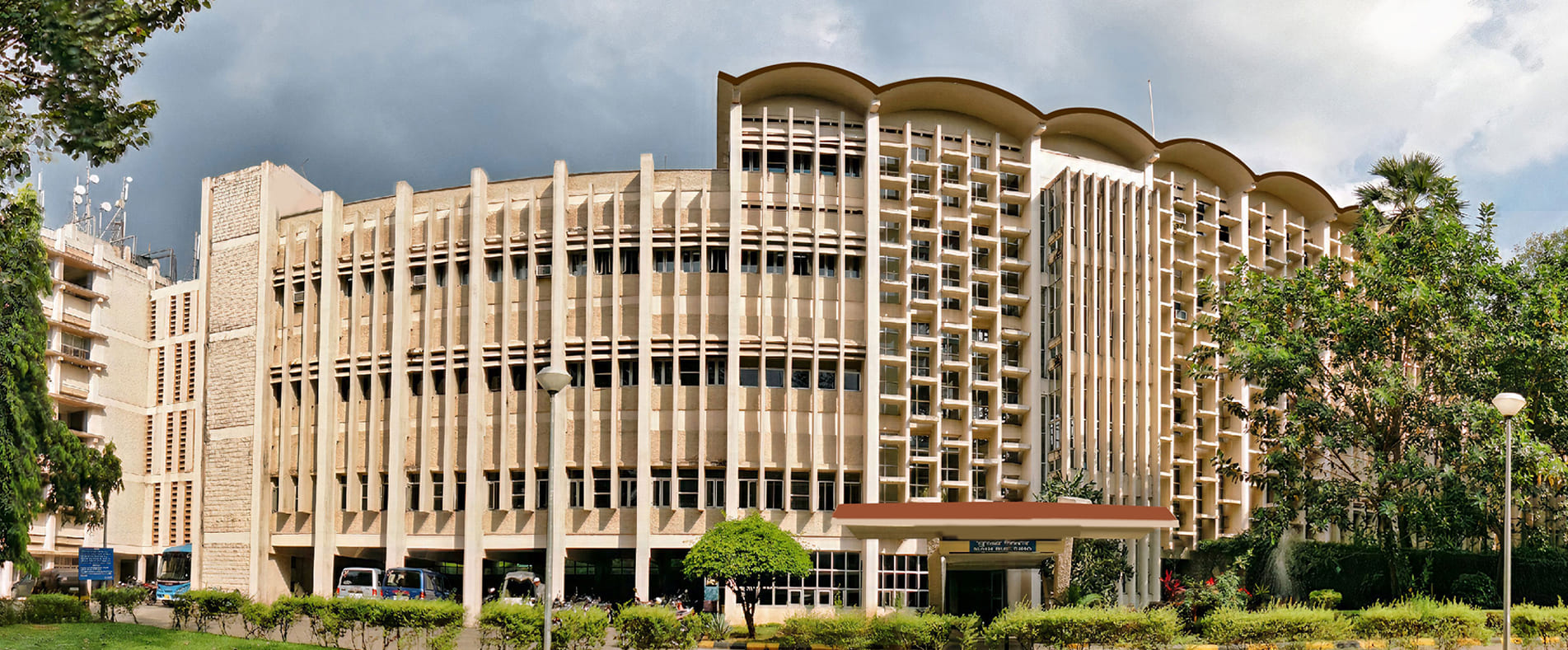
| Category | Description |
|---|---|
| Ranking (QS World 2022) | 177th |
| Ranking (U.S. News 2023) | 194th |
| Acceptance Rate | 2.5% |
| Tuition Fees (per year) | ₹2,00,000 (approx. $2,500) |
| Living Expenses (per year) | ₹2,40,000 (approx. $3,000) |
| Other Expenses (per year) | ₹50,000 (approx. $625) |
| Post-Grad Median Salary | ₹15,00,000 (approx. $18,800) |
| Notable Alumni | Satya Nadella (CEO of Microsoft), Nandan Nilekani (Co-founder of Infosys), Vinod Khosla (Co-founder of Sun Microsystems) |
Frustrated with Generic College Lists from AI Tools?
Get a tailored college shortlist crafted by study abroad experts who understand YOUR goals, profile, and aspirations.

Guide for Indian Students Pursuing Best Universities for Masters in Cyber Security in the World
| Section | Description | Considerations for Indian Students |
|---|---|---|
| Curriculum & Specializations | Focus on the program’s content and how it aligns with your goals. | Look for programs with a strong foundation in core security principles and consider if you prefer a broad or specialized program (e.g., digital forensics). Ensure opportunities for hands-on learning through labs or simulations. |
| Faculty Expertise & Research | Explore the faculty’s background and research interests. | Look for professors with industry experience, active research involvement, and publications relevant to your interests. Explore if there are faculty members conducting research that excites you and if there are opportunities to participate. |
| Industry Connections & Career Prospects | Investigate the program’s industry connections and career support. | Look for programs with industry advisory boards to ensure curriculum relevance and potentially open doors to internships or jobs. Consider career services offered by the university and the strength of the program’s alumni network. |
| Funding Opportunities & Scholarships | Explore financial aid options to ease the financial burden. | Research university scholarships, Indian government scholarships (MeitY, UGC), private scholarships (ISC²), and assistantship or research opportunities within your chosen programs. |
| E. Campus Resources & Facilities | Investigate the university’s resources to enhance your learning experience. | Look for cutting-edge computer labs, dedicated cyber security research centers (e.g., Carnegie Mellon’s CERT Division), and hacking labs for ethical hacking practice. Consider the range of student support services offered, including academic advisors, career counselors, and mental health resources. |
| Admission Requirements & Application Process | Prepare for the application process to increase your chances of admission. | Typical requirements include strong academic transcripts (preferably in computer science or engineering), standardized test scores (GRE/GMAT, check waivers), letters of recommendation, a compelling personal statement, and relevant work experience (though optional). Research programs thoroughly, take standardized tests if required, prepare application materials carefully, and meet deadlines. Research and apply for scholarships/financial aid well in advance. Familiarize yourself with visa requirements for your chosen country. |
FAQs for Best Universities for Masters in Cyber Security in the World
Conclusion
Earning a Master in Cyber Security from a top university can equip you with the knowledge and skills to tackle the evolving challenges of the digital age. This list provides a starting point for your research, but consider factors like program curriculum, faculty expertise, career services, and financial aid opportunities to find the program that best aligns with your interests and goals. With dedication and the right educational foundation, you can launch a rewarding career in this exciting and growing field.

